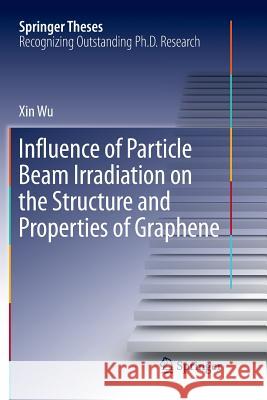Influence of Particle Beam Irradiation on the Structure and Properties of Graphene » książka
topmenu
Influence of Particle Beam Irradiation on the Structure and Properties of Graphene
ISBN-13: 9789811348839 / Angielski / Miękka / 2018 / 182 str.
Kategorie:
Kategorie BISAC:
Wydawca:
Springer
Seria wydawnicza:
Język:
Angielski
ISBN-13:
9789811348839
Rok wydania:
2018
Wydanie:
Softcover Repri
Ilość stron:
182
Waga:
0.28 kg
Wymiary:
23.39 x 15.6 x 1.07
Oprawa:
Miękka
Wolumenów:
01
Dodatkowe informacje:
Wydanie ilustrowane











